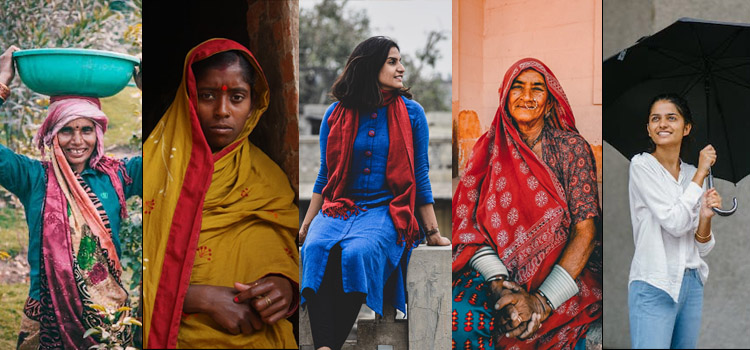In India, marriage is often viewed not just as a personal choice but as a societal expectation, especially for women. Despite modern advancements and progressive mindsets, many individuals still face immense pressure from family, relatives, and society to get married at a certain age. This article explores the deep-rooted reasons behind marriage as a compulsion in India, its effects on individuals, and how the perception is slowly changing.
1. Cultural and Social Expectations
Marriage in India is deeply interwoven with cultural traditions and religious beliefs. It is often seen as a duty rather than a personal milestone.
Reasons for Compulsion:
- Preserving Family Honor: Many families believe that an unmarried daughter or son brings dishonor.
- Social Status: Marriage is often considered a measure of success and stability in life.
- Traditional Gender Roles: Women are still expected to marry early and take on household responsibilities.
2. Pressure from Family and Society
From childhood, most Indians are raised with the idea that marriage is an inevitable part of life. This mindset is reinforced by:
- Relatives and Neighbors Constantly Asking About Marriage Plans
- Parents Worrying About ‘Good Matches’ and ‘Marriageable Age’
- Society Associating Singlehood with Loneliness or Failure
3. The Burden of Age and Biological Clock Myth
In Indian society, there is a common belief that women should marry before a certain age, usually in their 20s, due to:
- The fear of losing good marriage prospects as they age.
- The biological clock argument that women must have children at a specific time for a healthy family life.
- The notion that older women find it difficult to get suitable matches.
These beliefs often lead to forced or hurried marriages, disregarding personal aspirations and career goals.
4. Economic and Financial Dependence
For many women in India, marriage is still seen as a necessity due to financial dependence.
- Limited Employment Opportunities: In many rural areas, women have fewer opportunities for financial independence, making marriage a ‘safety net.’
- Parental Responsibility: Parents feel responsible for ‘settling’ their daughters by getting them married, even if they are financially stable.
- Dowry System (Though Illegal, Still Practiced): This adds to the pressure, as families want to marry off daughters to avoid future dowry-related issues.
5. Impact on Individuals
The compulsion of marriage affects individuals in different ways:
- Mental and Emotional Stress: Many individuals feel pressured and anxious about marriage, affecting their well-being.
- Unhappy Marriages: People often marry due to pressure rather than love or compatibility, leading to lifelong dissatisfaction.
- Delayed Personal Growth: Many people, especially women, sacrifice education or career opportunities due to early marriage expectations.
6. Changing Mindsets and Modern Perspectives
Though marriage remains a strong expectation, change is gradually happening:
- Increasing Career-Oriented Individuals: More women are prioritizing education and careers over early marriage.
- Rise of Late Marriages and Singlehood Acceptance: Urban areas are witnessing a shift where marriage is becoming a choice rather than a compulsion.
- Legal Protection and Awareness: Laws against forced marriage and the promotion of gender equality help individuals exercise their rights.
7. How to Deal with Marriage Pressure
If you or someone you know is facing pressure to marry, consider these steps:
- Communicate Openly: Talk to your family about your aspirations and concerns.
- Focus on Financial Independence: A stable career gives you more control over life choices.
- Seek Support: Join communities that advocate for personal choice and independence.
- Educate and Empower: Spread awareness about the importance of choice in marriage.
Conclusion
While marriage is a beautiful institution when chosen freely, making it a compulsion can lead to personal and societal challenges. The shift towards individual choice and empowerment is necessary for a healthier and more progressive society. It’s time to embrace the idea that marriage should be an option, not an obligation.
What are your thoughts on marriage as a compulsion in India? Share in the comments!


